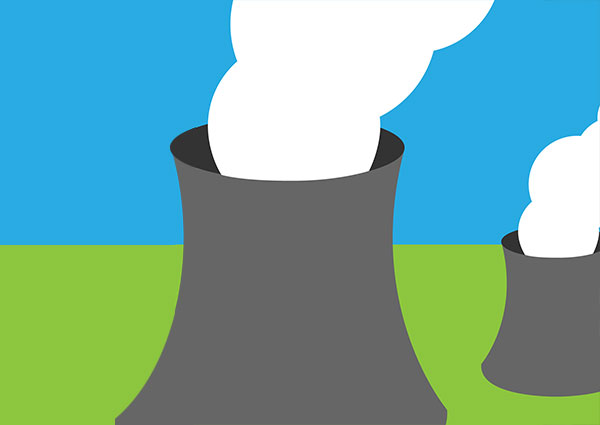Curriculum links
England
Science
Working scientifically
Experimental skills and investigations
Analysis and evaluation
Pupils should be taught to:
- present reasoned explanations, including explaining data in relation to predictions and hypotheses
Physics
Waves
Energy changes and transfers
Geography
Human and physical geography
Pupils should be taught to:
- understand how human and physical processes interact to influence, and change landscapes, environments and the climate; and how human activity relies on effective functioning of natural systems
Scotland
Mathematics
Number, money and measure
Number and measure processes
- I can use a variety of methods to solve problems in familiar contexts, clearly communicating my processes and solutions
- Having recognised similarities between new problems and problems I have solved before, I can carry out the necessary calculations to solve problems set in unfamiliar contexts. (MNU 4-03a)
Measurement
- I can solve practical problems by applying my knowledge of measure, choosing the appropriate units and degree of accuracy for the task and using a formula to calculate area or volume when required. (MNU 3-11a)
Sciences
Energy sources and sustainability
By contributing to an investigation on different ways of meeting society’s energy needs, I can express an informed view on the risks and benefits of different energy sources, including those produced from plants. (SCN 4-04a)
Social Studies
People, place and environment
- I can identify the possible consequences of an environmental issue and make informed suggestions about ways to manage the impact. (SOC 3-08a)
- I can develop my understanding of the interaction between humans and the environment by describing and assessing the impact of human activity on an area. (SOC 4-10a)
Wales
Mathematics: Skills
Solve mathematical problems
Pupils should be given opportunities to:
- select, organise and use the mathematics, resources, measuring instruments, units of measure, sequences of operation and methods of computation needed to solve problems
- use a range of mental, written and calculator computational strategies
Communicate mathematically
Pupils should be given opportunities to:
- use a wide range of mathematical language, notation, symbols and conventions to explain and communicate their work to others
Reason mathematically
Pupils should be given opportunities to:
- extend mental methods of computation to consolidate a range of non-calculator methods
Mathematics: Range
Number
Pupils should be given opportunities to calculate in a variety of ways:
- use a calculator efficiently to plan a complex calculation
- calculate with whole numbers, negative numbers, decimals, fractions, percentages and ratios, understanding the effects of the operation
Science: Skills
Communications
Pupils should be given opportunities to:
- search systematically for, process and analyse information for a specific purpose, including ICT as appropriate
- work quantitatively, using appropriate mathematical conventions and using S.I. units appropriate to their work, e.g. kg, N, J, W
Science: Range
Interdependence of organisms
Pupils should be given opportunities to study:
- how human activity affects the global environment, e.g. acid rain, greenhouse effect, and the measures taken to minimise any negative effects and monitor them
How things work
Pupils should be given opportunities to study:
- the conservation of energy and ways in which energy can be stored
- how familiar devices/machines work by using electricity, light, sound and other energy transfers
Geography: Skills
Communicating
Pupils should be given opportunities to:
- develop opinions and understand that people have different values, attitudes and points of view on geographical issues
Geography: Range
Pupils should be given opportunities to study:
- tomorrow’s citizens: issues in Wales and the wider world of living sustainably and the responsibilities of being a global citizen
Pupils should be given opportunities to ask and answer the questions:
- How can changes be sustainable and why is it important for this place/ environment?
- How can my actions and those of other people make a difference locally, nationally and globally?
Northern Ireland
Mathematics: Mathematics with Financial Capability
Developing pupils’ knowledge, understanding and skills
Pupils should have opportunities, through the context below, to develop:
- a knowledge and understanding of numbers
- increasing confidence in the use of mathematical knowledge and notation
Developing pupils as contributors to the economy and the environment
Pupils should have opportunities to:
- explore issues related to Education for Sustainable Development
Science & Technology
Developing pupils’ knowledge, understanding and skills
Pupils should have the opportunities, through contexts below, to:
- research scientific information from a range of sources
- learn about Forces and Energy, using electricity; about Earth and the Universe, the environment and human influences
